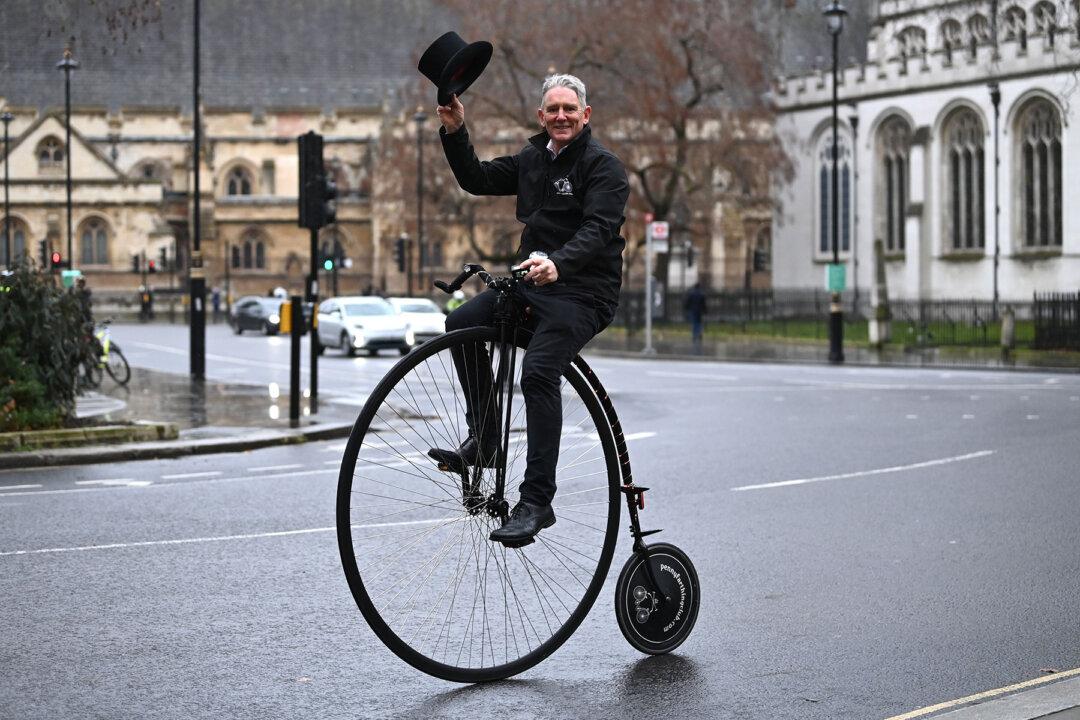The UK government announced a “wide ranging” review of its gambling laws on Tuesday, which it hopes will bring the laws into the digital age to better protect online gamblers and young adults.
In its review, the government will also examine marketing of gambling and the powers of the Gaming Commission as part of a wider call for evidence.




